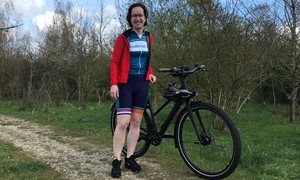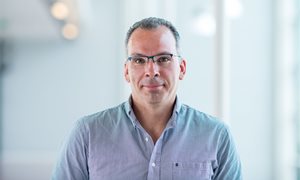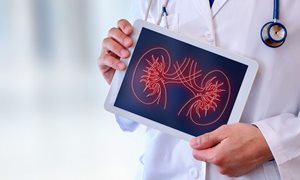
Mireille Broeders, professor of Personalized Cancer Screening, has been appointed as a member of the permanent Committee on Population Screening of the Dutch Health Council (Gezondheidsraad).
The Health Council is an independent advisory board to the Ministry of Health, and can give solicited and unsolicited advice to Parliament on health care issues. The task of the Committee on Population Screening is threefold: to identify developments in population screening, provide advice on population screening, and assess permit applications in connection with the Population Screening Act.
Identifying developments
Considerable attention is given to the early detection of diseases and research into risk factors. Scientific developments are occurring at a rapid rate. This has consequences for existing screening programmes and can provide opportunities for new ones. The Health Council of the Netherlands monitors these developments and their potential consequences (in the nature of the advisory report Screening: between hope and hype) and reports on them. Activities in this context can range from monitoring developments in the area of screening tests to reporting on ethical issues.
Advice on population screening
The responsible minister of Health, Welfare and Sports asks the Health Council for advice before considering a new population screening or changes to existing population screening. The permanent Committee Population Screening deals with these scientific advice questions.
Assessing permit applications
The Health Council of the Netherlands has a statutory duty to assess permit applications in connection with the Population Screening Act. The Minister of Health, Welfare and Sport decides on such applications. The Population Screening Act provides for a permit system for population screening involving the use of ionising radiation, concerning cancer or concerning serious diseases or abnormalities for which no treatment is possible. Permit applications can concern a national population screening program or changes therein, or scientific research in a population screening that may or may not be nationally implemented.
-
Want to know more about these subjects? Click on the buttons below for more news.
Related news items

Researcher Marleen van Gelder cycles to Norway Action for research on preterm births
14 April 2022 A special action by colleague Marleen van Gelder, assistant professor in the Department of Health Evidence. In exactly two months' time, she will be getting on her bicycle to draw attention - and especially money - to research into premature births. go to page
Ioannis Sechopoulos receives NWO Vici grant for research on improving breast cancer diagnostics
1 March 2022 Ioannis Sechopoulos will conduct research into improving tomosynthesis, an X-ray examination that radiologists use to detect breast cancer. go to page
Body composition is more important than BMI for renal cancer survival rates
11 January 2022 Body composition is important for survival rates in renal cell cancer. Research from the Radboudumc shows that low muscle quality and low organ fat are associated with poor survival. This involves different stages of renal cancer, ranging from stage I-III to stage IV. go to page
Awarded KWF grants for Radboudumc researchers
18 December 2019 KWF is investing 2.7 million euros in five different studies at Radboudumc. The awards are part of the new round of funding by DCS, in which over 34 million euros will be granted to Dutch cancer research. We congratulate our researchers with this funding and wish them success with their great work. go to page
European Commission Initiative on Breast Cancer (ECIBC) Guidelines
13 August 2019 In Annals of internal medicine Mireille Broeders and colleagues from the ECIBC Guidelines Development Group described the methods used to develop person-centered evidence-based recommendations for screening and diagnosis of breast cancer. go to page
